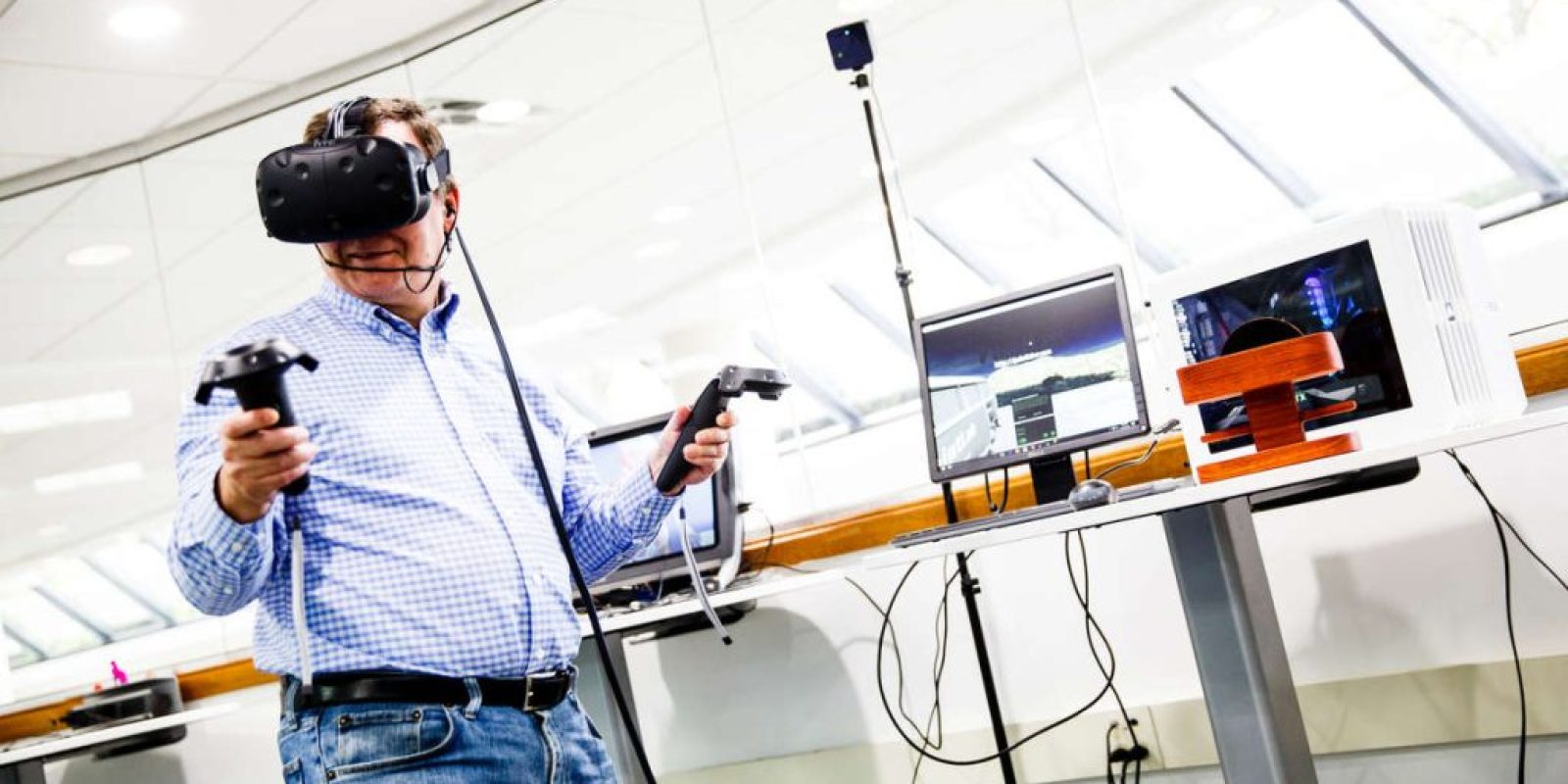The Interconnection Between Society and Business in the Modern World

In today’s globalized world, society and business are no longer two separate spheres operating independently. Instead, they have become deeply intertwined, influencing each other in profound ways. Business shapes society by providing goods, services, jobs, and innovations, while society influences business through culture, values, consumer demands, and regulatory frameworks. Understanding this interconnection is vital for entrepreneurs, policymakers, and citizens alike, as it highlights how sustainable development and long-term prosperity depend on cooperation between both.
This article explores the relationship between society and business, how they impact each other, the rise of corporate social responsibility (CSR), and the challenges and opportunities that lie ahead.
The Mutual Dependence of Society and Business
1. Business Relies on Society
No business can thrive in isolation. Society provides the workforce, consumers, infrastructure, and regulatory systems that make economic activity possible. Businesses depend on public trust and social stability to function effectively. For instance, a company cannot succeed in a society plagued by political instability, poor education, or widespread poverty, because these conditions reduce consumer purchasing power and create operational risks.
2. Society Relies on Business
On the other hand, society depends on business for economic growth, innovation, and employment. Businesses produce the goods and services people use daily, from food and clothing to healthcare and technology. They also contribute to tax revenue, which governments reinvest in education, healthcare, infrastructure, and security. Without thriving businesses, societies would lack the resources needed to grow and improve living standards.
How Business Influences Society
Businesses shape society in both direct and indirect ways:
-
Economic Development: Companies create jobs and stimulate innovation, raising the standard of living. For example, the technology industry has revolutionized communication, healthcare, and education.
-
Cultural Impact: Global corporations influence fashion, entertainment, and even language. Brands often set social trends and shape cultural identities.
-
Environmental Effects: Business activities affect the environment, sometimes positively through sustainable practices, but often negatively through pollution, deforestation, and climate change.
-
Social Inequality: Businesses can either reduce inequality by offering fair wages and opportunities or exacerbate it by concentrating wealth in the hands of a few.

How Society Influences Business
Society, in turn, impacts business decisions through various channels:
-
Consumer Behavior: Today’s consumers are more informed and socially conscious. They demand ethical sourcing, eco-friendly products, and corporate transparency. Businesses that fail to adapt risk losing market share.
-
Regulations and Policies: Governments enforce labor laws, environmental protections, and tax policies, shaping how businesses operate.
-
Cultural Norms: Different societies have distinct cultural expectations. For example, in some countries, family-owned businesses dominate, while in others, corporate hierarchies prevail.
-
Public Pressure: Social movements and activism, amplified by social media, push companies to address issues like climate change, diversity, and labor rights.
The Rise of Corporate Social Responsibility (CSR)
In recent decades, the concept of corporate social responsibility (CSR) has gained prominence as businesses recognize their responsibility to society beyond profits. CSR emphasizes ethical behavior, environmental stewardship, and community engagement.
Examples of CSR in Action:
-
Environmental Sustainability: Companies like Patagonia and Tesla prioritize eco-friendly products and renewable energy.
-
Social Equality: Tech companies increasingly invest in diversity and inclusion programs.
-
Community Development: Businesses support local education, healthcare, and entrepreneurship initiatives.
CSR is not just philanthropy—it is a strategic investment. A company with a strong social and environmental record tends to attract loyal customers, retain talent, and build stronger brand value.
Challenges at the Intersection of Society and Business
While the partnership between society and business offers opportunities, it also presents challenges:
-
Balancing Profit and Ethics: Businesses must find ways to remain profitable while meeting societal expectations for fairness, sustainability, and transparency.
-
Globalization vs. Local Needs: Multinational corporations often face criticism for prioritizing global expansion over local community welfare.
-
Income Inequality: The growing gap between corporate leaders and ordinary workers raises ethical and economic concerns.
-
Environmental Sustainability: Many industries still struggle to balance growth with environmental responsibility, especially in emerging economies.
Opportunities for Businesses in Serving Society
Despite the challenges, businesses that align with societal values can unlock new opportunities:
-
Green Innovation: Investing in renewable energy, sustainable agriculture, and eco-friendly technology not only benefits society but also creates new markets.
-
Digital Inclusion: Bridging the digital divide by expanding internet access can create business growth while promoting social equality.
-
Health and Wellness: Companies in the food, fitness, and healthcare industries can lead the way in promoting healthier lifestyles.
-
Education and Skills Development: By supporting education and workforce training, businesses can build a stronger talent pipeline and contribute to economic resilience.
Technology as a Bridge Between Society and Business
Technology has become one of the most powerful tools connecting business and society.
-
E-commerce and Global Reach: Businesses can now serve customers worldwide, while society gains access to products and services once unavailable locally.
-
Social Media Influence: Platforms like Twitter, Instagram, and TikTok empower society to hold businesses accountable and shape consumer trends.
-
Artificial Intelligence and Automation: While these innovations boost efficiency, they also raise societal questions about job displacement and ethics.
-
Remote Work: The COVID-19 pandemic accelerated remote work, reshaping the relationship between employees, employers, and communities.
Building a Sustainable Future Together
For society and business to thrive together, collaboration is essential. This means:
-
Government Support: Policymakers must design regulations that encourage responsible business practices while enabling innovation.
-
Business Leadership: Companies should adopt sustainable models that prioritize long-term value over short-term profit.
-
Citizen Engagement: Consumers and employees must hold businesses accountable by making ethical choices and supporting responsible companies.
-
Education and Awareness: Teaching future leaders about the interconnectedness of society and business will help foster sustainable development.

Conclusion
The relationship between society and business is dynamic and mutually reinforcing. Businesses provide innovation, jobs, and resources, while society supplies the workforce, consumers, and cultural framework businesses need to thrive. In the modern world, success depends on striking a balance between profit and responsibility.
Corporate social responsibility, technological innovation, and sustainable practices are shaping a future where businesses not only drive economic growth but also contribute positively to social and environmental well-being. As we move forward, the most successful companies will be those that recognize their role as partners in building stronger, fairer, and more sustainable societies.







